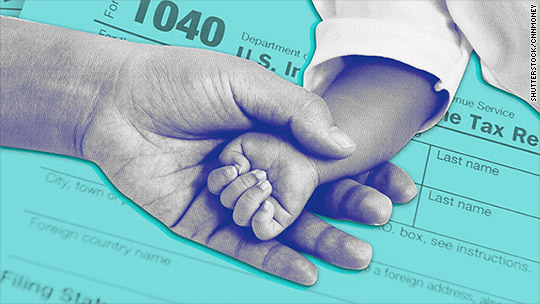Having all of life’s pieces together, set up, structured properly, knowing your login to everything, remembering when to pay bills, how to shop for a car … It can all be quite overwhelming. There are a few basics that get skipped over, but are vital to having a comprehensive financial portfolio. While simple is usually best, it can also be a bit risky, especially once your total balances exceed the insured limit, if all of your money is held in a simple bank or credit union account. However, for most, that’s precisely where we’ll start:
- Set up a checking and savings account. While you might already have at least one of these, having both is important. Having a safe place for your money to flow into is important, for paying bills, getting cash, and having a base for the rest of your accounts in which to pull from. Setting up a credit union savings account is easy and takes only a few minutes, and gives you a separate place from your usual spending money to save for an emergency, vacation or general nest egg. It’s advisable to have 3-12 months of your salary saved in a safe savings account, just in case of a job loss or the need to take a few months off to reconsider your life’s path. It’s immensely secure and stress reducing knowing you have a safety net that can provide you a continued sense of self, regularity and maintained lifestyle should you need it. Depositing money into your accounts is as easy as setting up direct deposit through your employer, or scanning checks on a mobile app, in many cases. Having savings and checking accounts are foundational for most. You can try browsing the internet for free checking accounts since there are banks that offer such perks.
- Credit cards. While this may be a very taboo subject and suggestion, depending on which blogs and financial gurus you follow, credit cards can be very beneficial to have when used advantageously. Sure, there are high interest rates on carried balances, but there are also a host of benefits that come with some cards, such as travel insurance, travel benefits, cash back, extended warranty protection on purchases like electronics, and so much more. Using credit cards also gives the benefit of fraud protection, in many cases. As long as the balance is paid in full each month, there’s really no downside when used in an intentional and structured manner.
- Insurance. From renters and home insurance to car insurance, life insurance to medical insurance, having insurance can be costly to pay for up front, but is something that is beneficial to have, just in case something goes awry. Shopping around for the best policies and premiums that work best for your budget and needs is well worth your time, as having the wrong coverage is unchangeable and irreversible once needed in a situation. While some types of insurance are required, like automobile insurance and homeowners insurance, others are optional but are extremely beneficial to have to protect yourself, your family, your home, vehicles and possessions on the rare occasion disaster strikes. Take some time to talk to insurance professionals and do your research when signing up for insurance, so you understand fully what you’re getting.
Setting up basic types of accounts to create a strong and stable foundation for your financial health takes a bit of time up front, and is good to have a routine of evaluating annually or more frequently, to ensure everything is still needed and on track for where you are in life, and where you want to go, but it’s always worth it. Financial health is as important as physical health, as both are important for our longevity and happiness in life.


